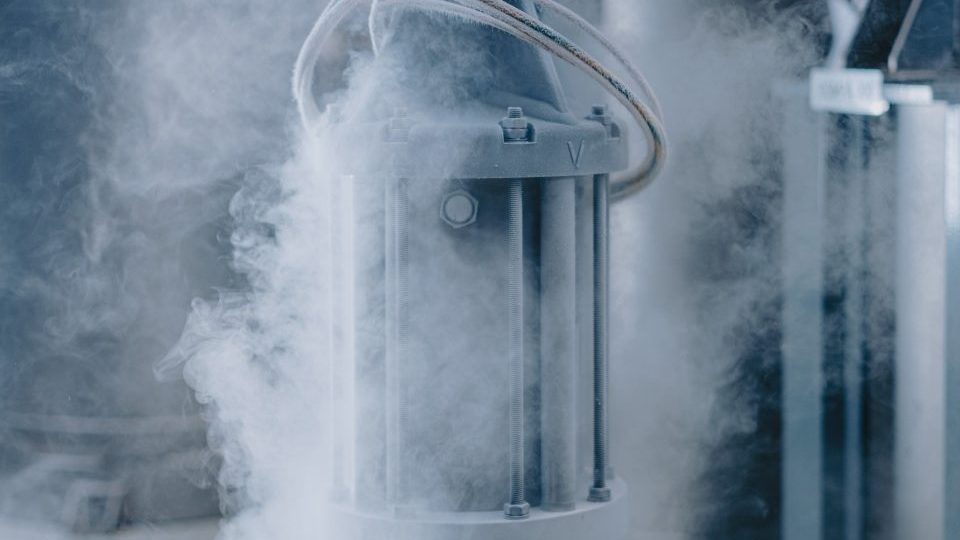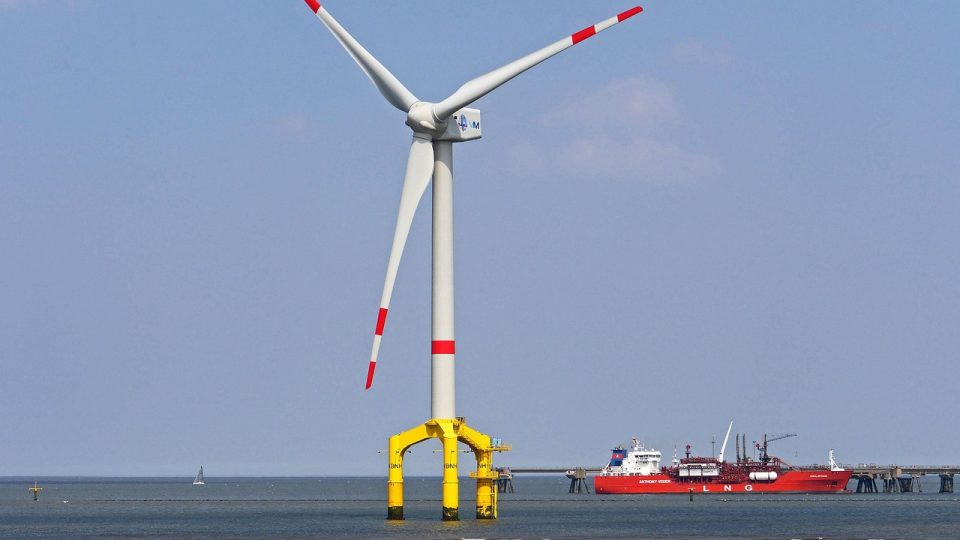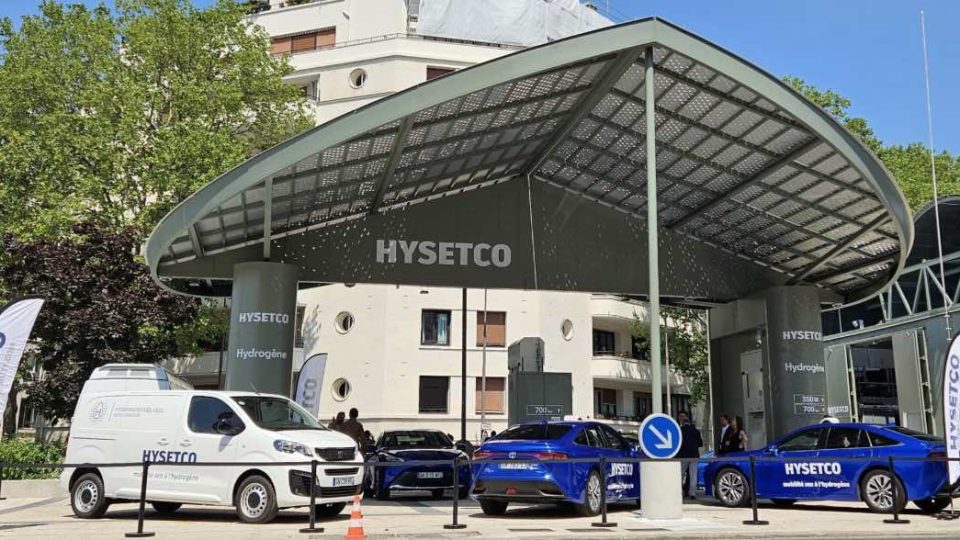How much do the new diesel engines pollute?
Two different studies on the pollution levels of new diesel engines reveal quite disputable results. The issue is quite a hot one in the news currently, given the traffic restrisctions imposed in some large cities. Let’s start with the news that dampens the enthusiasm of the defenders of diesel engines. Research commissioned by the environmental […]
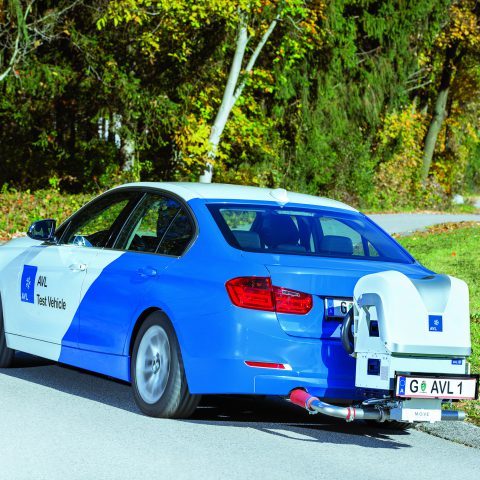
Two different studies on the pollution levels of new diesel engines reveal quite disputable results. The issue is quite a hot one in the news currently, given the traffic restrisctions imposed in some large cities.
Let’s start with the news that dampens the enthusiasm of the defenders of diesel engines. Research commissioned by the environmental organisation Transport & Environment (T&E) has revealed new doubts about the particulate emissions of new diesel engines. Even newer vehicles would exceed the emission levels due to filter regeneration systems.
DISCUSSIONS ABOUT THE DIESELGATE ARE STILL GOING ON
Transport & Environment tested the two best-selling Euro 6 vehicles in Europe, the Nissan Qashqai and the Opel Astra, and found an increase of 11 to 184 percent in unregulated, smaller ultra-fine particulate matter (see below).
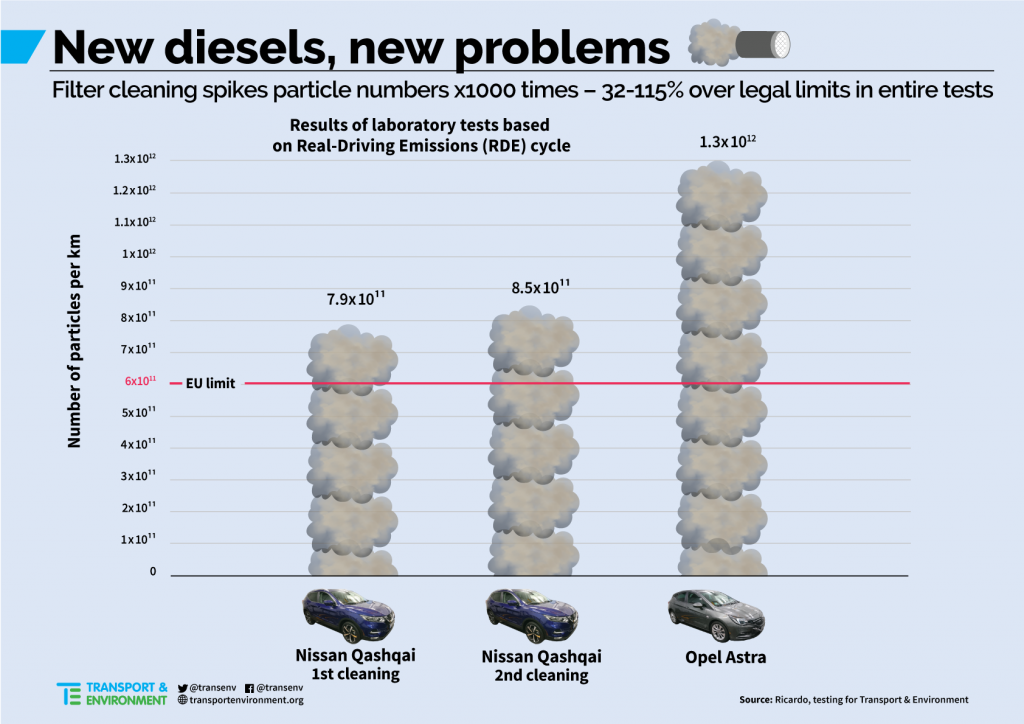
New diesel engines, old issues?
These are particles, as the press release states, which «are not measured in official tests but are thought to be the most harmful to human health – as they penetrate deep into the body – and have been linked with brain cancer. Filter cleaning, to prevent the diesel particulate filter from clogging, can occur in all driving conditions, including in urban areas. In the tests, the number of particles continued to be higher during urban driving for 30 minutes after the cleaning had ended. Both models tested respected the legal limits for NOx».
«These tests show that new diesels are still not clean. In fact, they are spewing out highly-dangerous levels of particles in our towns and highways everyday. Carmakers are being given an easy ride but people’s lungs are paying for it. Manufacturers should clean up their cars if they want to sell them», said Anna Krajinska, emissions engineer at T&E.
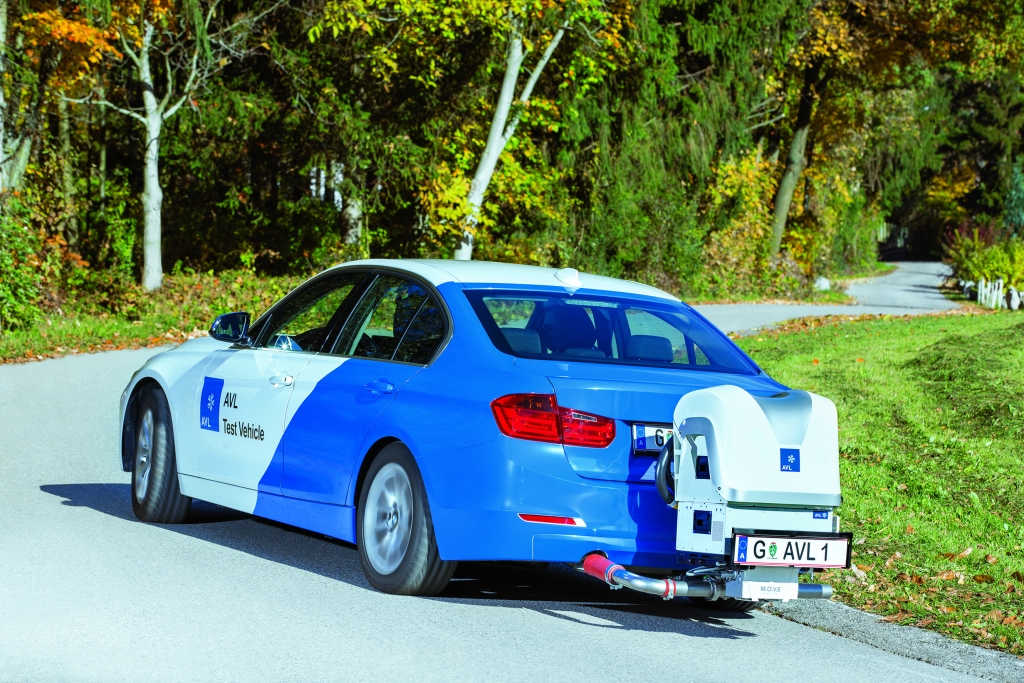
Less polluting than petrol engines
On the other hand, the Italian financial newspaper, Il Sole24Ore, cited in a recent article a research promoted by several consumer associations, including the Italian Altroconsumo, aimed at testing the pollutant and CO2emissions of some of the cars currently on sale. What emerged, according to the article, is that «in short, the situation between diesel and petrol has been almost reversed. Today a good diesel engine pollutes less than an equivalent petrol engine».
ENI’S POINT OF VIEW ABOUT THE BIODIESEL
Interesting ideas have also emerged with regard to hybrid cars, which «have been better only if used in the city while on suburban routes they pollute as much as petrol cars since the contribution of the electric motor becomes negligible».






